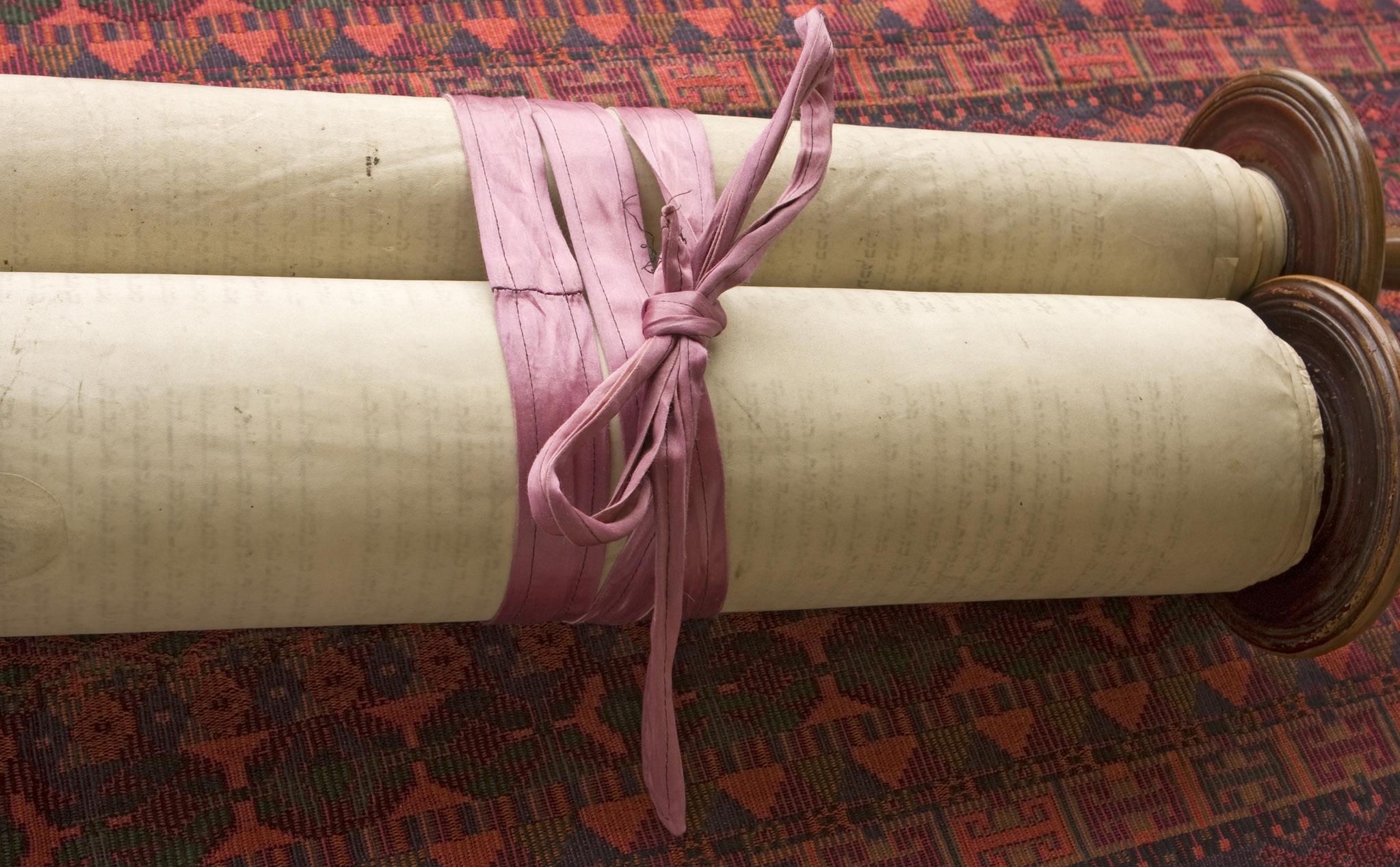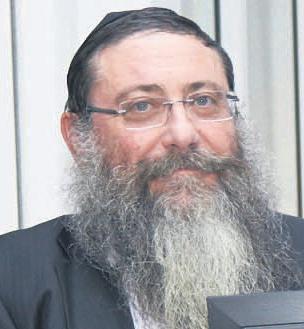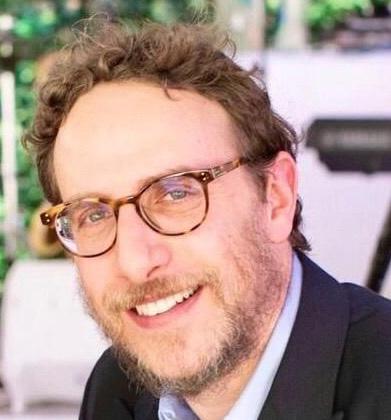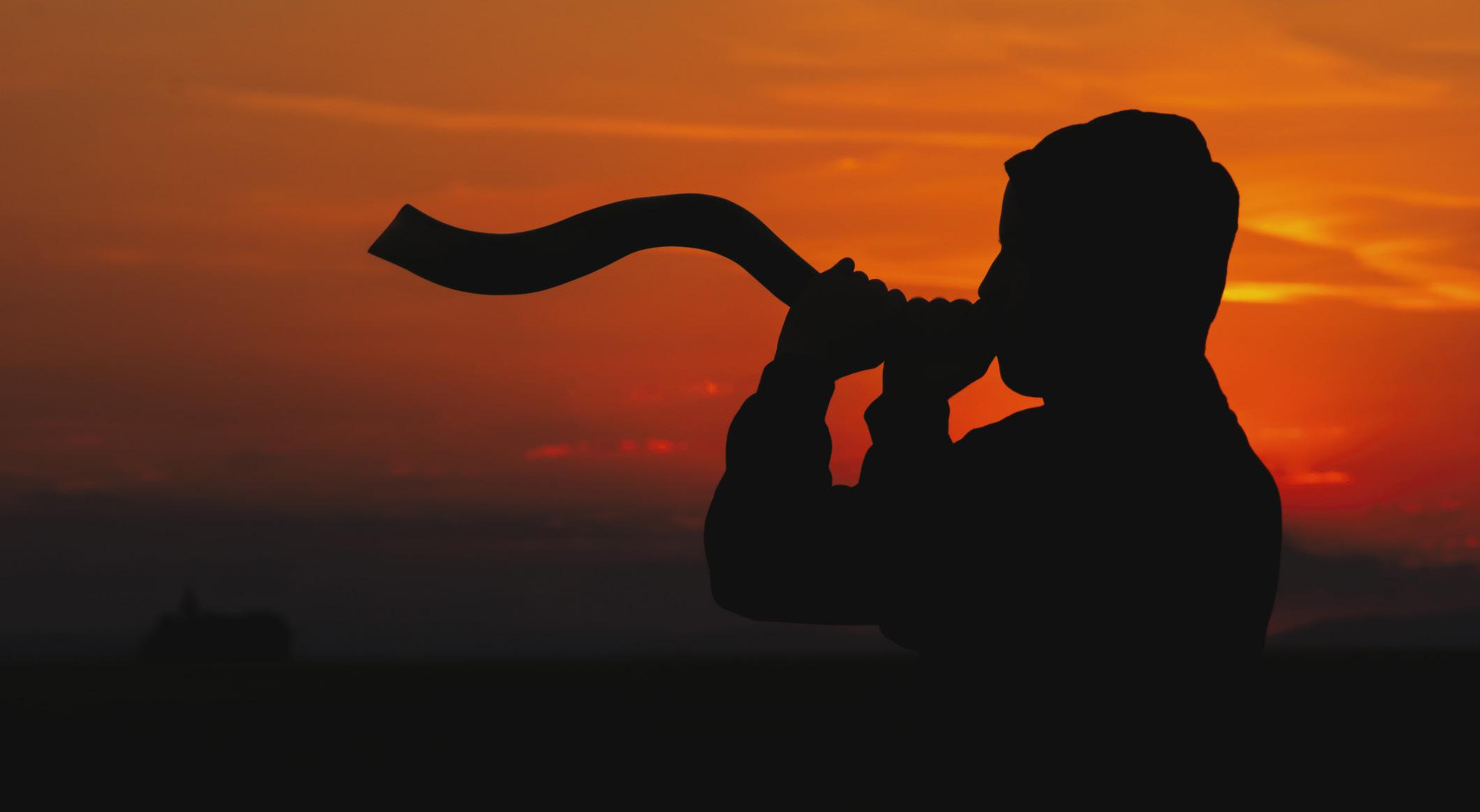
5 minute read
Who owns the Torah?
Let’s start at the end with words from the final portion, Torah
Tziva Lanu Moshe
Morasha
Kehillat
Yaakov, The Torah that Moses commanded us is the inheritance of the congregation of Jacob.
This holy verse is the first taught to children once they become verbal, even before they can confidently recite the Shema Yisrael. This is to instil in each young soul that being Jewish is inextricably and eternally bound with our G-d-given Torah. We are the People of the Book.
So much has been historically recorded about the contribution of men to the Jewish world, yet when it comes to women, what is their share and stake in all this? Is it merely a man’s world as many have asserted in generations past?
Women have excelled in every human endeavour, and if the national feverpitch interest in the FIFA Women’s World Cup reflects the mood of the masses, the spotlight shines on all women can do in sport and well beyond.
At the time of the giving of the Torah, Moses was commanded by G-d to speak to the Israelites, first to the women and then the men. We deduce from this that men and women were equal recipients. During the period of the Judges and Prophets, there were several females in these categories. Our sages record that the ratio of male to female prophets was identical; we comprehend from this that both men and women reached the highest pinnacle of spiritual achievement – prophecy. As a casein-point we even had a female Judge, Devorah.
However, when examining the Mishna and Talmud we appear to find a slightly different story. Let’s navigate the Mishna. From the time of Moses there was a Sanhedrin, an assembly of seventy elders whose task it was to decide Jewish Law.
This encompassed understanding the Written Law (the five books of Moses) and the Oral Law, both given at Mount Sinai.
The written and oral law was akin to an overarching constitution upon which all subsequent laws were based, including various legislations enacted by the Sanhedrin. The Talmud is the the highs and lows of the day gone by, steering us to not only see the upside but to personify goodness and positivity in the world.
A Talmudic sage, Reb Yochanan Ben Zakkai once tasked his students, “Go out and find me the best advice for living a good life”. One distinguished disciple, Rabbi Eliezer, wisely returned and said, “I have searched and found that the best recommendation is to develop an ‘ayin tovah,’ a good eye.” When your eyeyour life lens - shines bright, whatever you see and experience will undoubtedly be perceived as more manageable.
How can we achieve this? Rav Yisrael Lipkin of Salant, the founder of the Mussar movement which has a foundation in virtue-based ethics, was once partaking in a meal with his wife when there was an urgent knock at the door. A teary, distressed woman stood before him. They invited her in to share her story.
Her husband had tragically died and now her only son was being forcibly drafted into the local army. She had heard a member of the community was connected with influence and could he possibly arrange an exemption? She desperately pleaded with the Rav to liaise with him on her behalf. He initially assured her that the next morning he would seek out this individual and do everything he could to alter the compulsory conscription.
The nervous woman departed and Rav Yisrael and his wife resumed their repast. Within one minute he reflected, “What if this scenario involved our own son? Would we begin eating in this unhurried fashion? Never. We would be running to address this as fast as possible.” rabbinic discussion surrounding these laws and the primary repository of Jewish knowledge. The Mishna and Talmud are binding on all Jews.
Rav Yisrael darted out of the house and scoured the town, intent on finding the man who would be able to help the widow’s young son acquire the release he needed.
A heartfelt intent. A holistic perspective.
During this meditative month, when we are summoned to a soulful callto-action, treat each person, each scenario, each case as if they are your kin - one of your own. If the distress of another can be alleviated with your assistance – the dinner can wait, each and every time. For this G-d will shower you will the ultimate revealed reward of bountiful blessings.
Torah gave her the ability to misuse that knowledge.
Ben Azai disagreed. With our modern sensibilities the sages view appears antiquated and if we didn’t know better G-d forbid, misogynistic. Yet that is not the end of the story. Maimonides concurred with the sages, yet he also wrote that women can reach great spiritual heights. It begs the question: Can one attain this without Torah study? There are exceptional women throughout our history who all learned Torah. Devorah the prophetess. Bruria the wife of Rabbi Meir. Rashi’s daughters.
So what does the Talmud say specifically about women studying Torah? Firstly, the obligation to diligently study Torah for its own sake does not apply to women. The common understanding is that females are freed to be able to engage in the equally essential mitzvah of raising and educating their children, should they have them. What if they opt to study Torah?
There is a dispute in the Mishna between the sages and the pious scholar Ben Azai. He says that women can learn Torah and they will be rewarded, whereas the sages recommend that they not be permitted as in their epoch, they reasoned that teaching a woman


Were they exceptions to the norm? Were they rewarded for their Torah toil as Ben Azai believed? In his deep-dive into the comprehensive teachings and commentaries of the Shulchan Aruch, Rabbi Moshe Isserles argues that women can learn the Written law as well as all the mitzvot in which they are required within the Oral law.
They are also obligated to learn Chassidut, the esoteric side of the Torah as well as Mussar, moral conduct as after all, such Torah study is associated with achieving the love and fear of G-d equally obligatory on men and women. This encompasses so much more than many people, irrespective of gender, could learn in a lifetime. Yet, it still does not grant women access to the entire Torah.
Is that the end of the story? Absolutely not. You will have to read the upcoming instalment in the next edition to further explore the question: Who owns the Torah?

KA-certified Eat Your Heart Out is as generous in spirit as it is in name – all are thoroughly satiated (and impressed) with the magnanimous quantity and quality offered.
First appearing in Sydney’s kosher scene back in 2009, it has been a mainstay within our community ever since, catering primarily meat and pareve dishes and baked treats. Of course, when requested, the most outstanding dairy delights are offered too.
The EYHO team is headed by Dani Litzman and Anne Pincus, a professional, powerful and passionate pair in alignment on all-things-creative when it comes to servicing their loyal and everexpanding customer base. They look forward to open conversations about each client’s budget, vision and dreams for every upcoming simcha – large and small.
As our festive season approaches, Anne and Dani have opted to kindly










